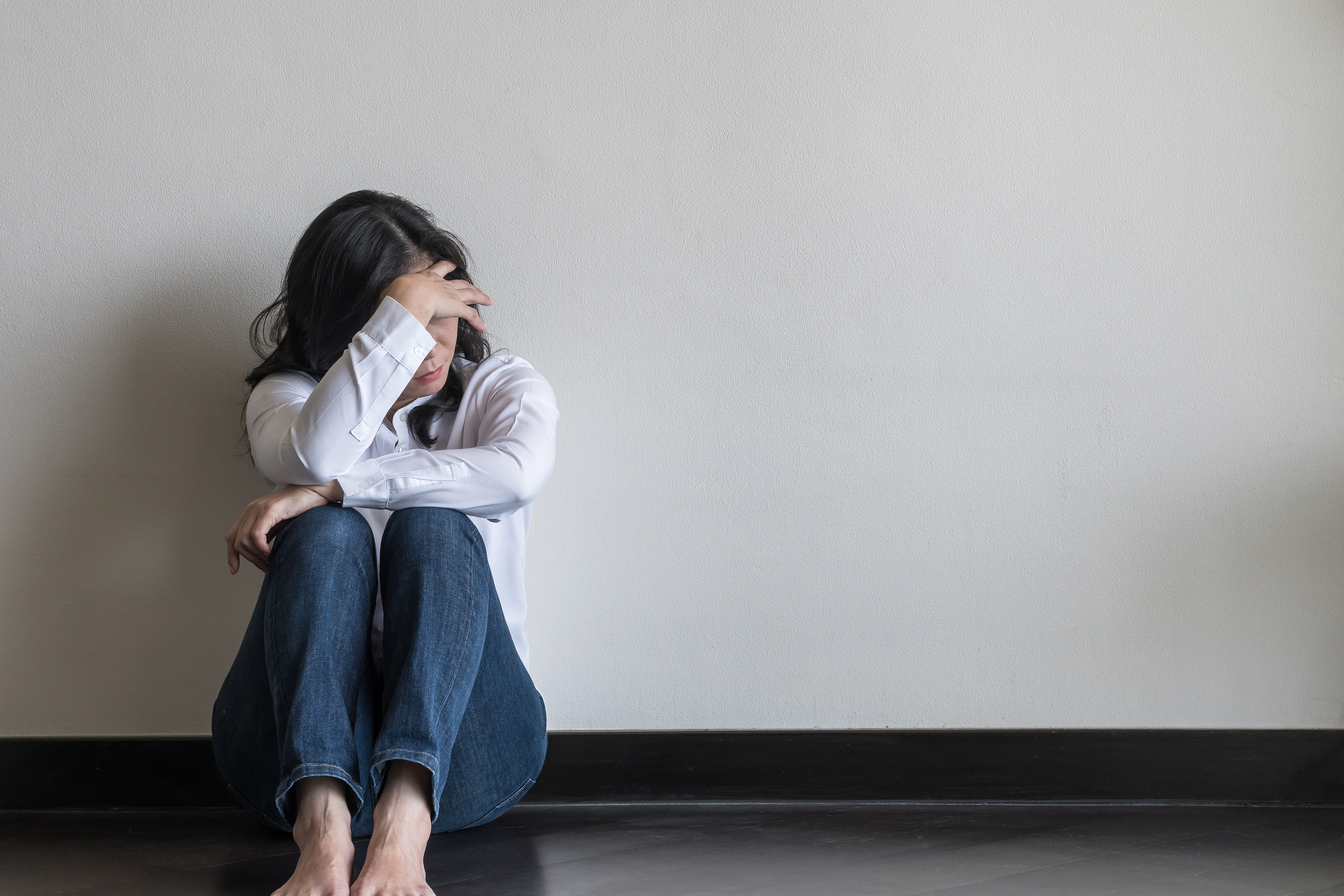
Without knowing it, you may need an Ambien rehab. Drug addiction can happen to anyone, and it’s a myth that illegal drugs are the most commonly abused substances in the U.S. In fact, alcohol and prescription drugs are the most widely abused substances among Americans aged 12 and older. When it comes to prescription drugs, painkillers, benzodiazepines, and sleep medications cause the most addiction issues. Ambien, a popular sleeping medication, is both highly addictive when abused and also comes with a chance of dependence when used exactly as prescribed. Most people do not realize they have an Ambien addiction until they try to quit using the drug. Withdrawal symptoms and rebound insomnia can make it next to impossible for someone to quit for good without outside help and intervention.
What are the Risks of Ambien Addiction?
The Ambien drug manufacturer states that with perfect use, Ambien users have only a 1% chance of becoming addicted. Initially, Ambien was designed to replace more addictive treatment options for insomnia and sleep issues. But people can still become dependent on the drug. Long term use is the most common cause of dependence in users, which is why doctors do not prescribe Ambien for more than two weeks for acute insomnia. Since about 25% of U.S adults will struggle with an episode of insomnia in a given year, Ambien prescriptions are quite common.
Ambien prescriptions are mostly given to middle-aged adults. But young people are the most likely to abuse Ambien and become addicted. Ambien creates a powerful high that is similar to the effects of alcohol. Young people will experiment with Ambien and also mix it with other drugs for a more pronounced effect. Ambien is also used in recreational settings to lessen the high of stimulant drugs. Unfortunately, recreational use can lead to dependence, withdrawal symptoms, and addiction. More frequent use and abuse of Ambien increases the chances of addiction. When someone is dependent on Ambien, they won’t be able to fall asleep without the drug.
What is Ambien Abuse?
If someone uses a prescription drug in ways other than what it was intended for, they are abusing the drug. Taking way too much Ambien in one sitting, or using Ambien for longer than prescribed are abuse. Consuming someone else’s prescription of Ambien is another sign of abuse. Mixing the drug with other substances, or crushing and snorting the pills are all forms of Ambien misuse and abuse. These actions significantly increase someone’s chances of becoming dependent and addicted to Ambien.
What are the Signs of Ambien Abuse and Addiction?
Ambien creates a high that looks similar to drunkenness. Ambien abuse can also cause severe impairment and memory loss. People who abuse prescription Ambien can even sleepwalk and engage in dangerous and risky behaviors without being aware of what they’re doing. When awake, they have no recollection of what they did when high on Ambien. Other signs of Ambien addiction and abuse include:

Ambien withdrawal symptoms occur when someone who is addicted to the prescription attempts to cut back or quit Ambien. Withdrawal symptoms usually start within a few hours or a day of cessation. Symptoms can last for about a week before they subside. In most cases, Ambien withdrawals are distressing and painful, but usually not dangerous. But in rare instances, people can experience panic attacks, depression, and seizures during Ambien withdrawal.
What are the Consequences of Ambien Addiction?
Even when people take Ambien legally, and as prescribed, they can experience side effects that can be unpleasant. Users often prescribe the side effects of Ambien use as similar to a hangover from alcohol. Ambien can cause headaches, nausea, memory loss, and ongoing drowsiness for a day after taking the drug. In cases of abuse and long-term Ambien addiction, the side effects and consequences are more severe.
Furthermore, Ambien abuse can cause people to engage in behaviors that are similar to sleepwalking or alcoholic blackouts. People who are high on Ambien can engage in “sleep eating” where they eat and drink while “asleep.” This can lead to issues with weight gain and other digestive problems. People who abuse Ambien have also been known to drive or have sex while on the drug. Unfortunately, this can lead to an increased risk of injury, unwanted pregnancy, sexual assault, and fatal accidents.
How is Ambien Addiction Treated?
Ambien addiction is a severe disorder, but it is treatable. Treatment plans for Ambien addiction are highly tailored to the individual patient, and each program will look different for every person. People who haven’t abused Ambien for long or who became addicted to Ambien because of insomnia may benefit from less intensive outpatient rehab services. For people with severe addictions, long-term addictions, or who’ve mixed Ambien with other drugs, they may require a more intensive, more extended stay in an inpatient rehab center.
How does Rehab Help Ambien Addiction?
Usually, the first step for Ambien addiction treatment involves some form of medically-assisted detox. This allows patients to withdrawal safely and comfortably from the drug in a controlled, clinical environment. Patients have access to doctors and nurses who can give them medications to lessen withdrawal symptoms.
Also, Ambien addiction often has its roots in other issues that patients are facing. Many turn to drugs or alcohol to cope with painful emotions, stress, or underlying trauma. Individual therapy and group support are significant parts of rehab. These programs give patients the tools they need to cope with stress in ways that don’t include drug abuse.
Are you or a loved one struggling with Ambien abuse and addiction? It’s never too late to reach out for help. Representatives at Mission Harbor Behavioral Health are standing by to answer your questions about rehab and addiction treatment. Please contact us today to learn more and explore your options.
Get Help Now
Alcohol addiction is extremely difficult to overcome on your own.. Seek specialized help and let professionals guide you in your recovery.

